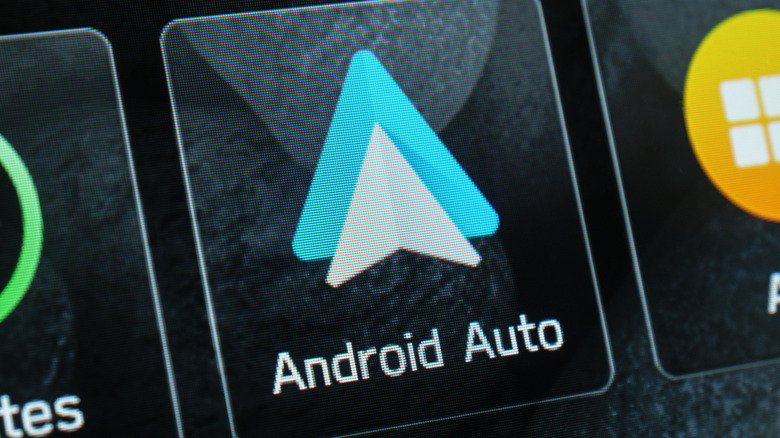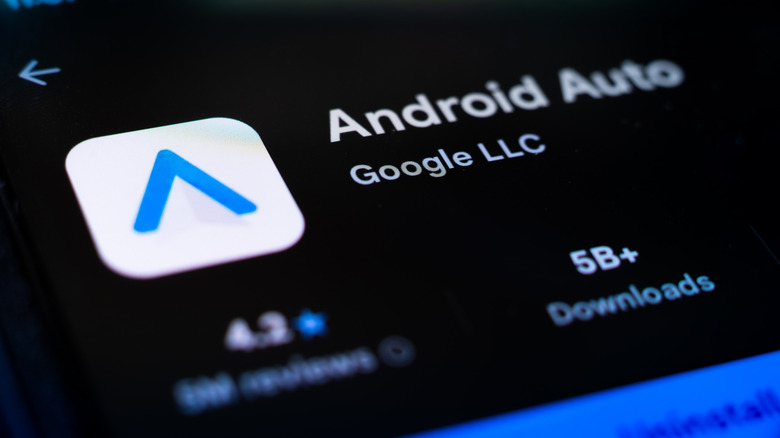Some Android Phones Won't Get New Android Auto Updates - Here's Why
Over a year after indicating that it plans to raise the minimum Android version requirement for the Android Auto app from version 8.0 (Oreo) to version 9.0 (Pie), Google is finally ready to enforce it. As per the app's listing on APKMirror, the company recently released three betas of the Android Auto app version 15.5, each requiring Android 9.0 or later for installation, clearly suggesting that the stable release of version 15.5 will not be available for any phone running Android 8.0 or an older version.
Although Google hasn't shared a specific reason for this, it's not a completely surprising move by the company, as all companies stop supporting older hardware and software after a certain point. For example, Microsoft has stopped releasing updates for machines running Windows 10. Similarly, older phones don't always get newer Android versions. This is because older hardware and software are often unable to support new features, which can be Gemini AI in the case of Android Auto. Even when some newer features can be supported, older devices don't deliver a good experience. So rather than providing users a shoddy experience, the companies stop updating their older products.
Fortunately, this Google decision won't impact the vast majority of Android users, as according to Composables.com, only 4% of active Android users have a device running Android 8.0 and 8.1, which are the versions getting affected by the latest development.
What does this mean for you, and what are your options?
Unlike phones running Android 10 or a newer version, which come with Android Auto as a system component, older smartphones are completely dependent on the Android Auto app to mirror their phone's features to their car's infotainment display. New Android Auto features are also pushed using the app to your phone, which means if you have an older phone, you won't get any more major Android Auto updates. The app may still receive some minor, probably security, updates as part of version 15.4, but no version 15.5 or newer for you.
So, unless your phone is running Android version 8.x or older, you don't have to worry about anything, at least for now. Depending on your phone's Android version, Android Auto updates will continue to come via either a system update, a Google Play Services update, or via Google Play Store.
If you are using a phone running Android 8.x or older for Android Auto, you should be able to continue using it for now. However, it's speculated that Android Auto will completely stop working in 2026 for phones running Android 8.x or older. There are only two ways to avoid this: you can either update your Android phone to version 9.0 or newer, or get a new phone with a newer Android version and maybe repurpose the older one. As it's highly unlikely that you'll have an update for a version as old as Android 8, your best bet is a new phone, preferably with Android 15 or Android 16, so that you can enjoy all the latest Android Auto features and keep getting updates for the next several years.

